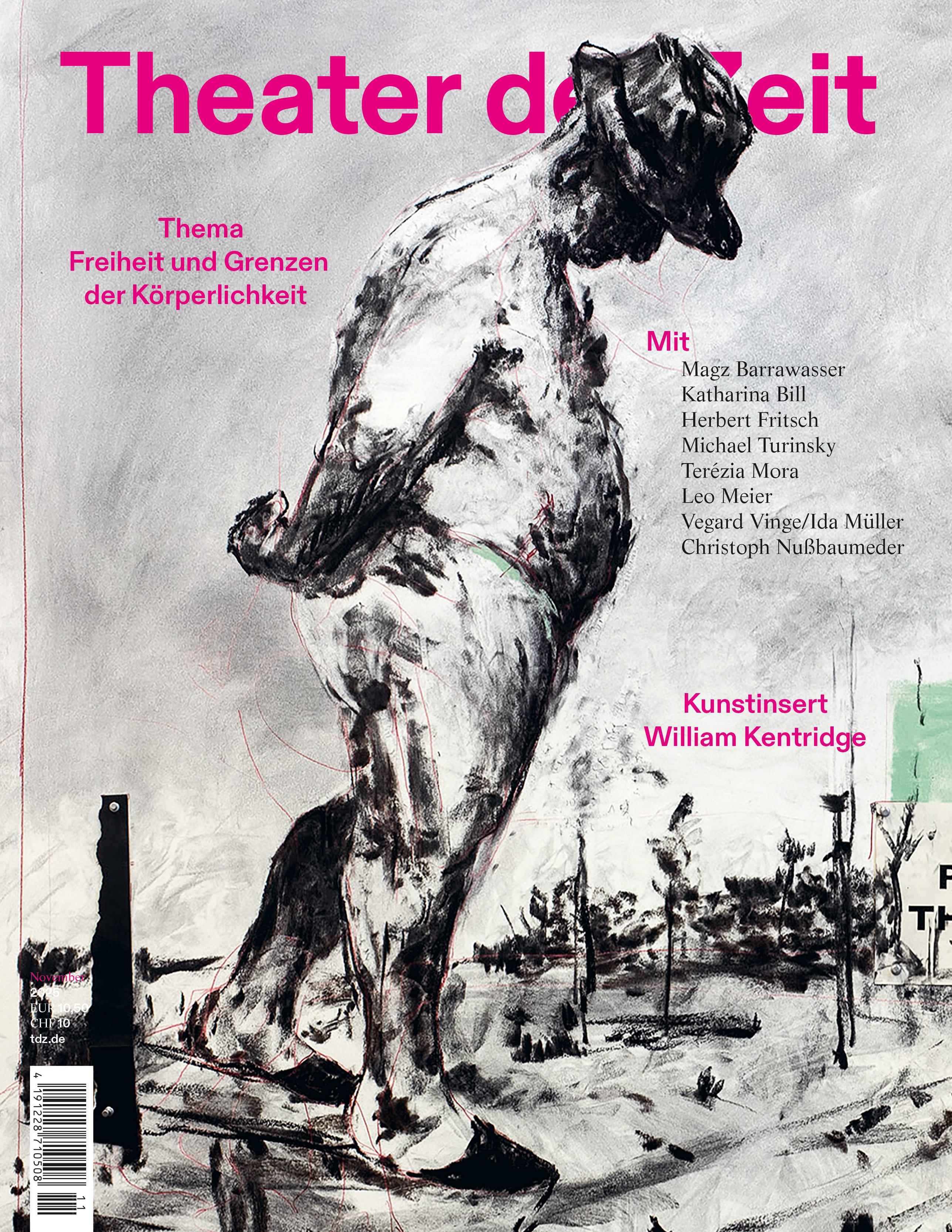Universalitätsansprüche postkolonialer Theorie
von Julius Heinicke
Erschienen in: Recherchen 148: Sorge um das Offene – Verhandlungen von Vielfalt im und mit Theater (05/2019)
Assoziationen: Dossier: Politische Konfliktzonen
Bharuchas Kritik am interkulturellen Theater, das mit Regisseuren wie Peter Brook und Ariane Mnouchkine in den 1970er Jahren einen regelrechten Aufschwung erfuhr, erscheint im Rückblick als eine der entscheidenden Publikationen, die zu einer zwar langsamen, doch mit den Jahren spürbar wachsenden postkolonialen Reflexion im Theaterbereich führten. Theatre in the World: Performance of Politics of Culture ist eines der ersten Werke, in welchem sich eine postkoloniale Kritik innerhalb internationalen Theaterschaffens richtungsweisend offenbart. Bharucha kritisiert in erster Linie die westlich-abendländische Dominanz in interkulturellen beziehungsweise internationalen Theaterproduktionen:
If interculturalism in the theatre is to be more than a vision, there has to be a fairer exchange between theatrical traditions in the East and the West. At the moment, it is westerners who have initiated (and controlled) the exchange. It is they who have come to countries like India and taken its rituals and techniques (either through photographs, documentation, or actual borrowings). The sheer poverty, if not destitution, of most performers in India clearly minimizes their possibilities of travelling to the West. Only a few Indian gurus and dancers have had opportunity to visit European and American countries for lecture-demonstrations and classes.179
Neben diesen ungleichen primär strukturellen Ausgangspositionen zeigt er, inwieweit international arbeitende...



.jpeg&w=3840&q=75)















